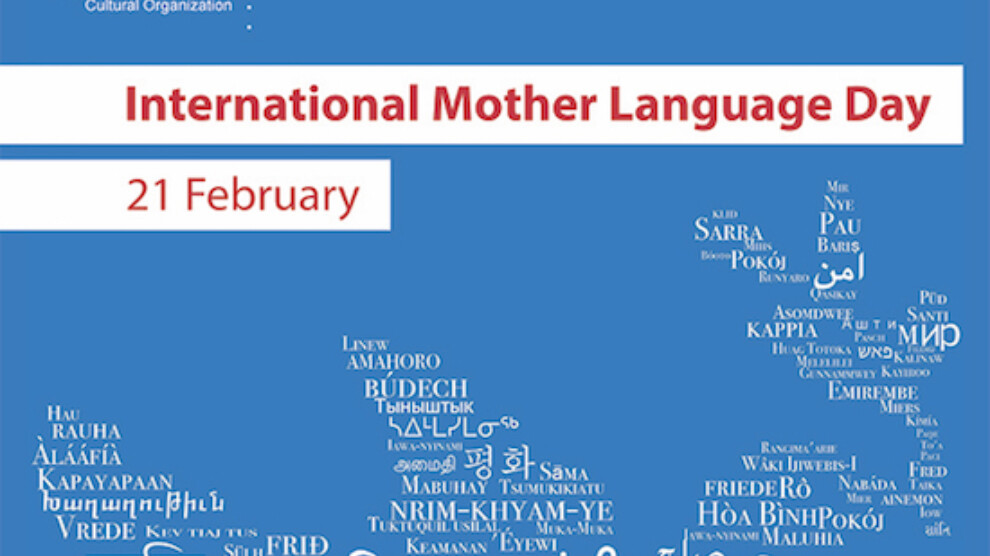Today is International Mother Language Day
Today is International Mother Language Day
Today is International Mother Language Day

International Mother Language Day was proclaimed by the General Conference of the United Nations Educational, Scientific and Cultural Organization (UNESCO) in November 1999.
According to UNESCO, globally, 40 per cent of the population does not have access to an education in a language they speak or understand. But progress is being made in multilingual education with growing understanding of its importance, particularly in early schooling, and more commitment to its development in public life.
The theme of the 2023 International Mother Language Day, “Multilingual education – a necessity to transform education”, aligns with recommendations made during the Transforming Education Summit, where an emphasis was also placed on Indigenous people’s education and languages.
Multilingual education based on mother-tongue facilitates access to and inclusion in learning for population groups that speak non-dominant languages, languages of minority groups and indigenous languages.
Background
The idea to celebrate International Mother Language Day was the initiative of Bangladesh. The UN General Assembly welcomed the proclamation of the day in its resolution of 2002.
On 16 May 2007 the United Nations General Assembly in its resolution A/RES/61/266 called upon Member States "to promote the preservation and protection of all languages used by peoples of the world". By the same resolution, the General Assembly proclaimed 2008 as the International Year of Languages, to promote unity in diversity and international understanding, through multilingualism and multiculturalism, and named the United Nations Educational, Scientific and Cultural Organization to serve as the lead agency for the Year.
Today there is growing awareness that languages play a vital role in development, in ensuring cultural diversity and intercultural dialogue, but also in strengthening co-operation and attaining quality education for all, in building inclusive knowledge societies and preserving cultural heritage, and in mobilizing political will for applying the benefits of science and technology to sustainable development.